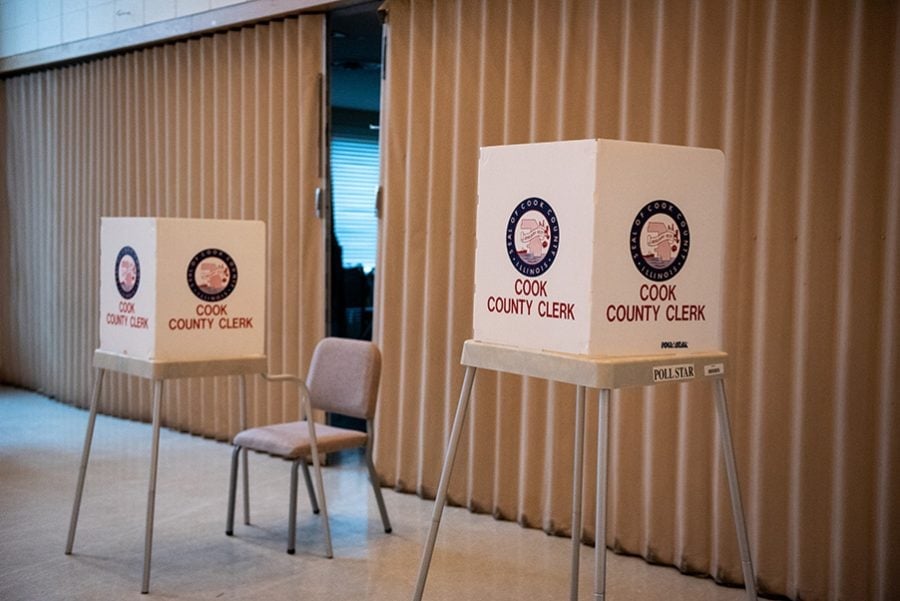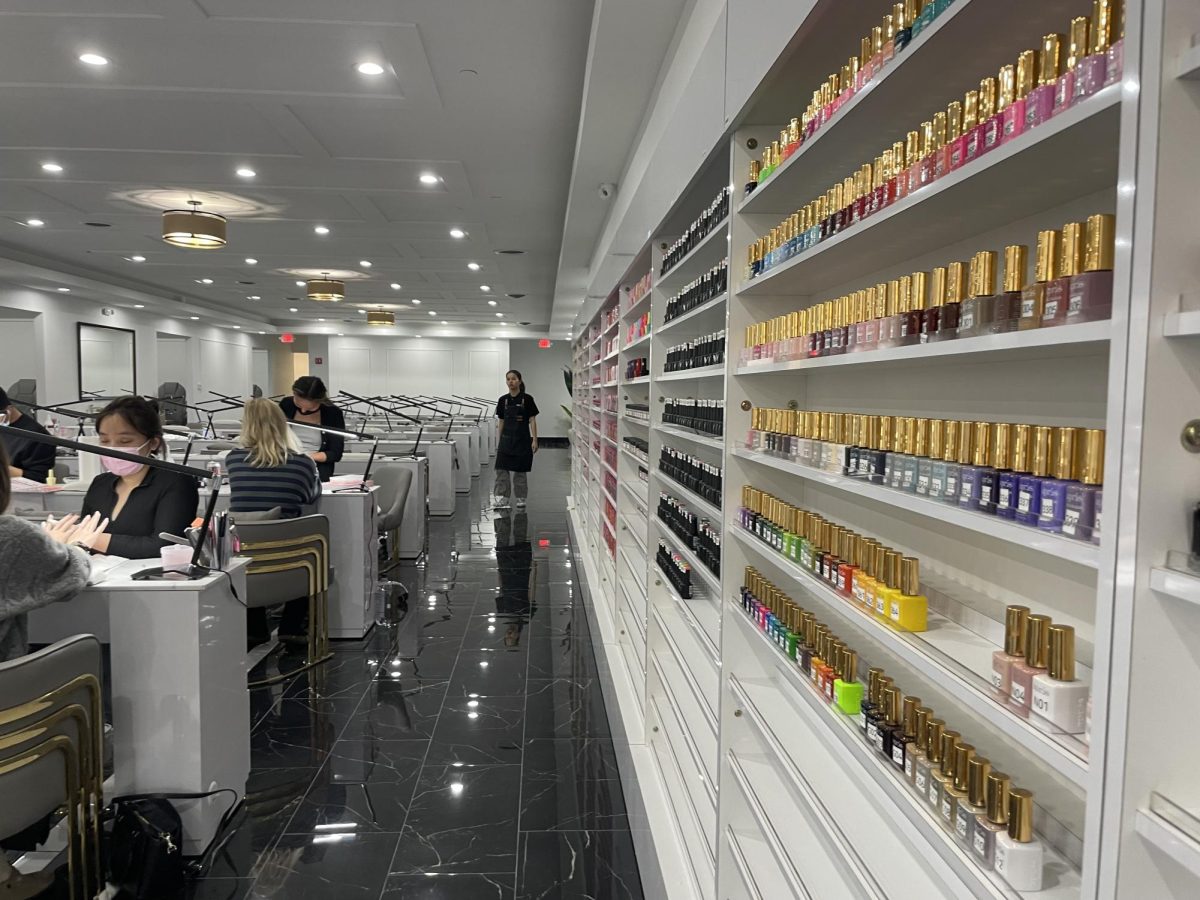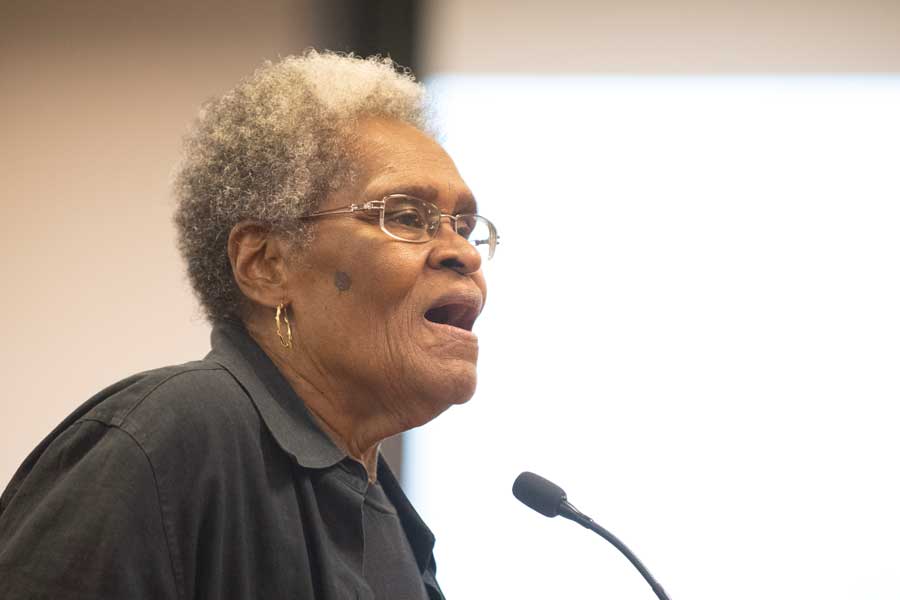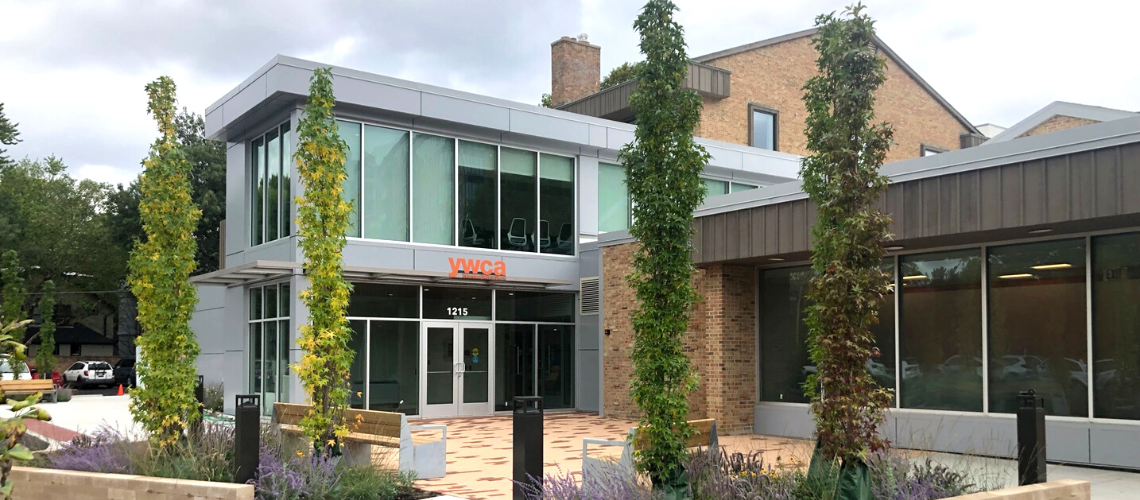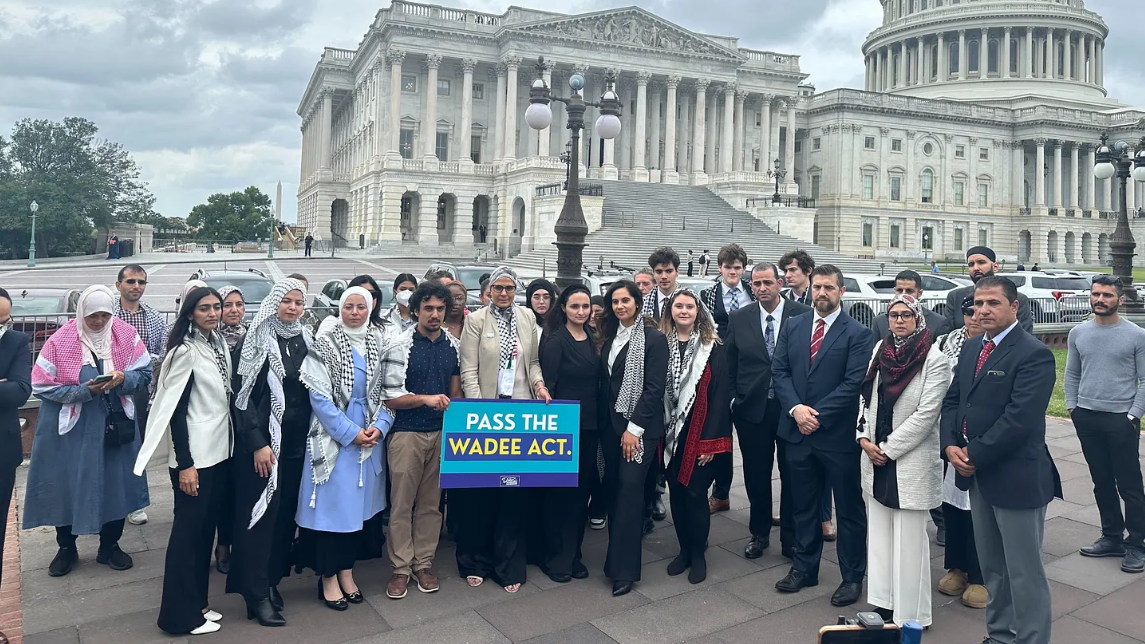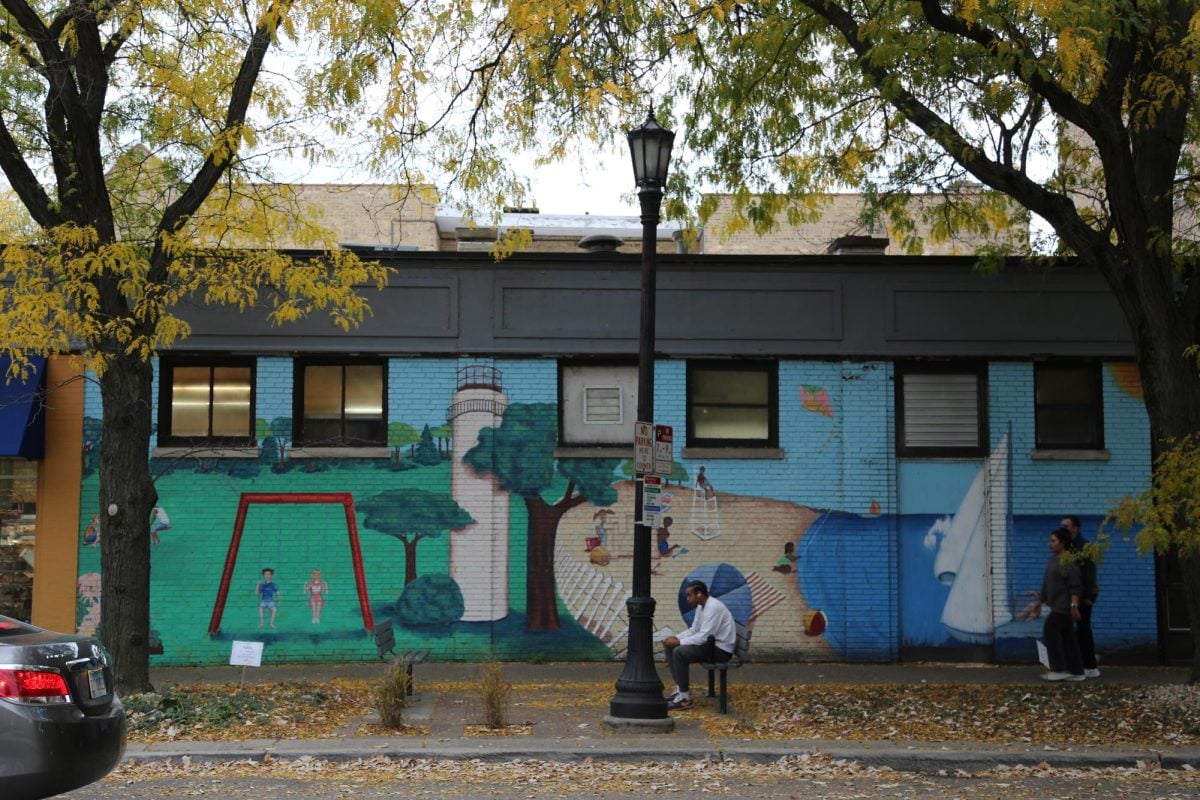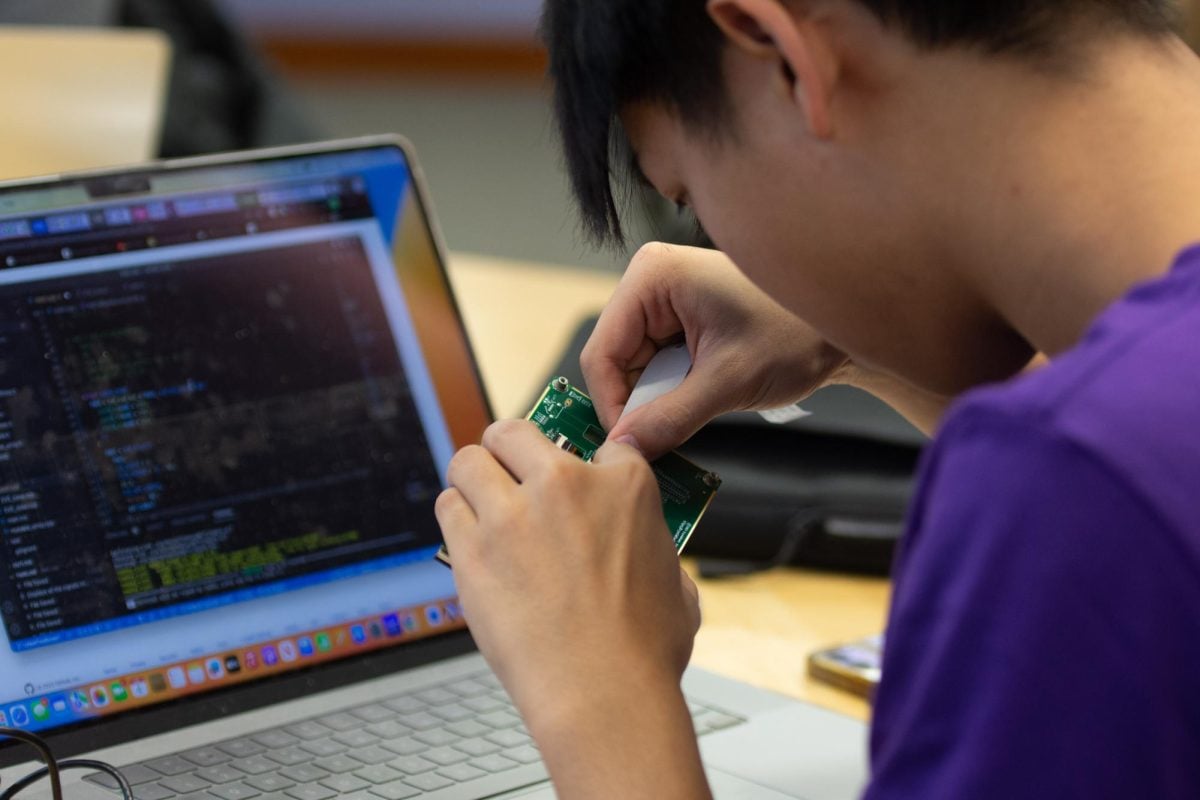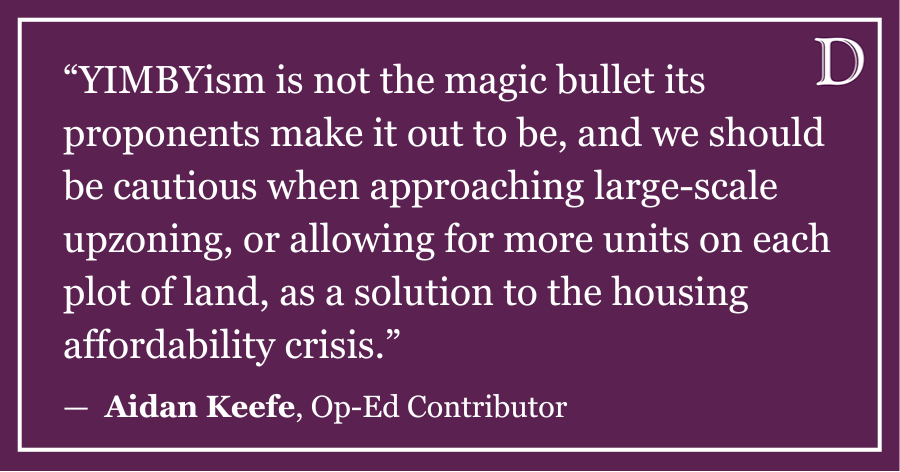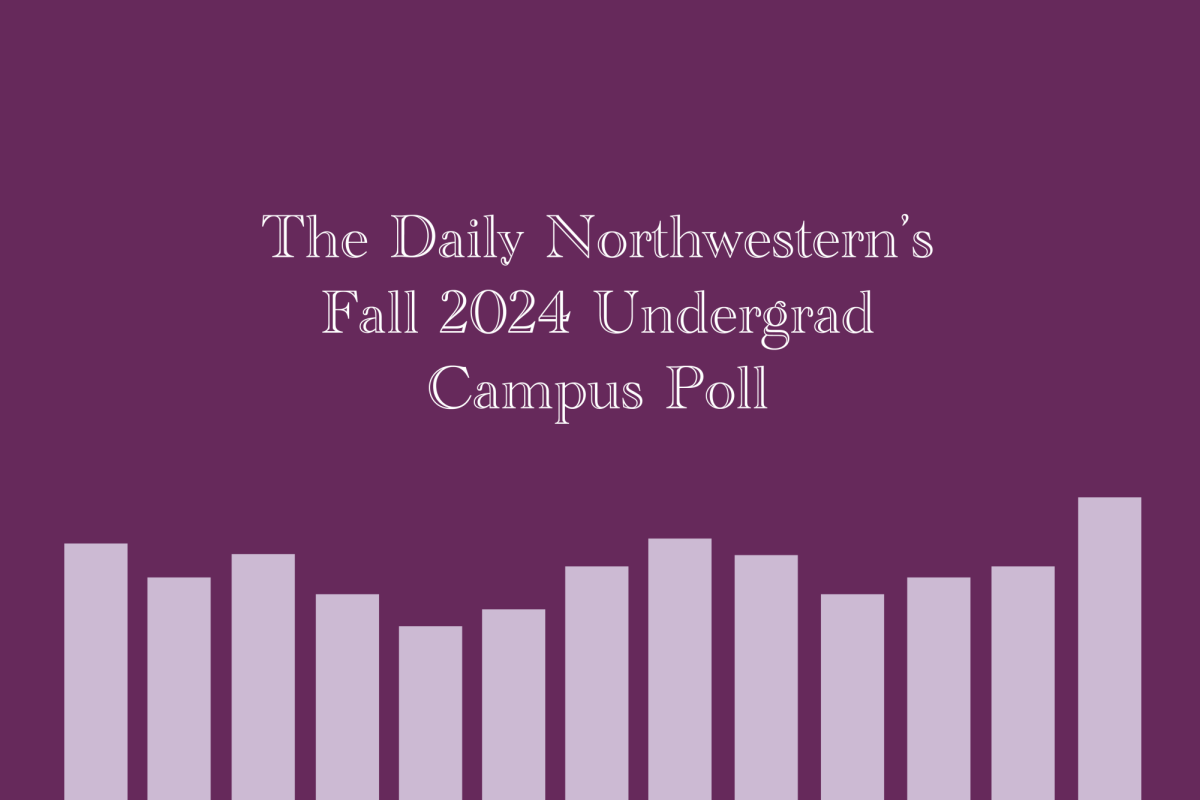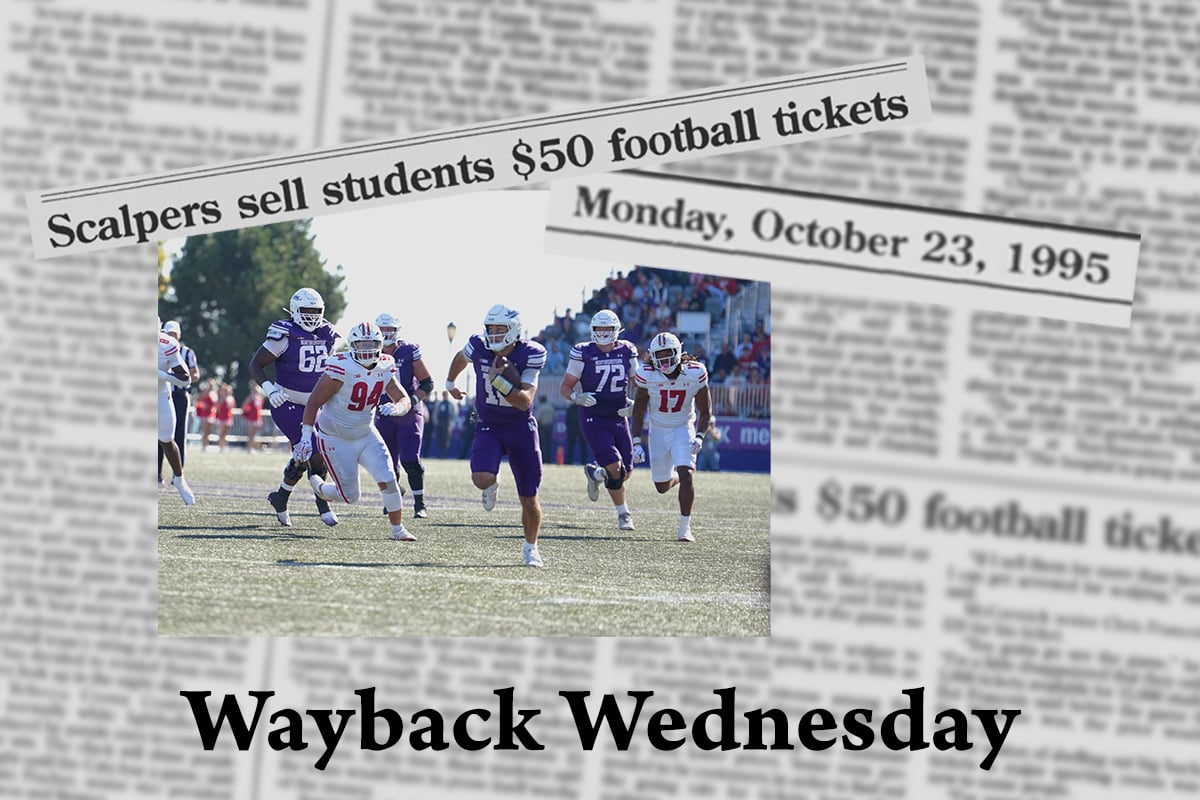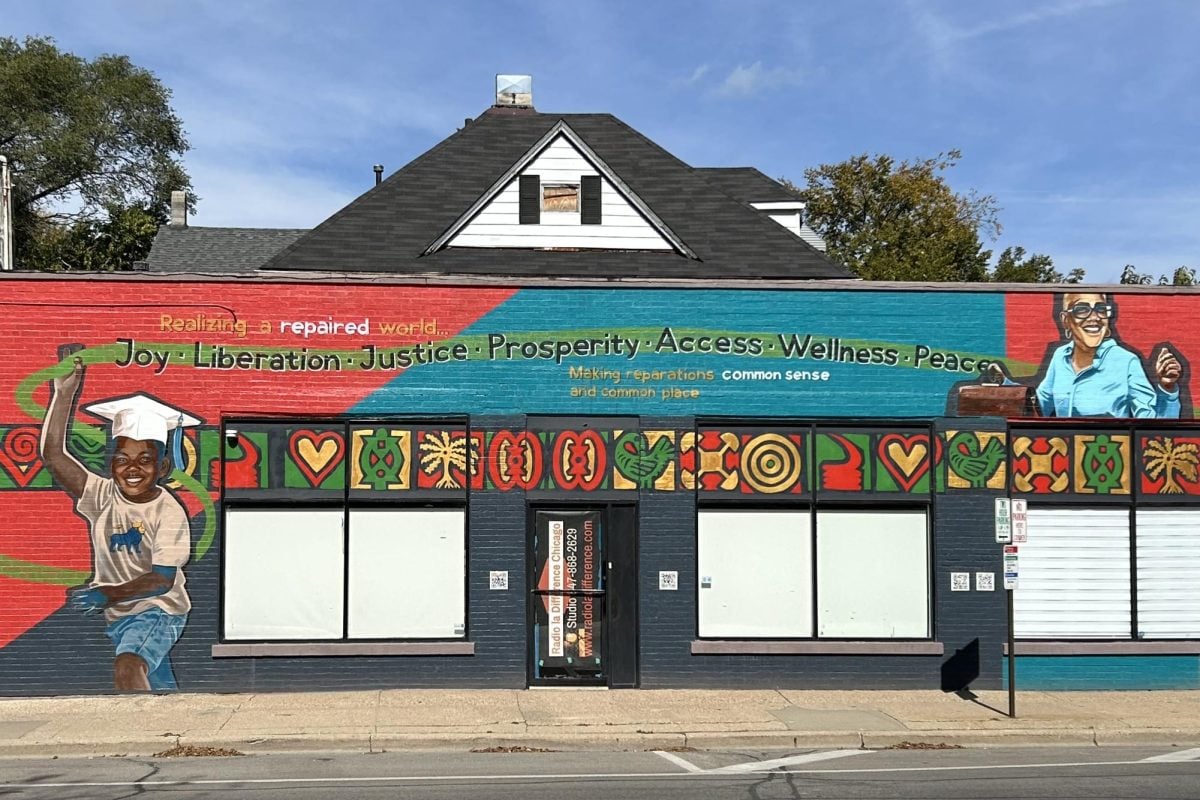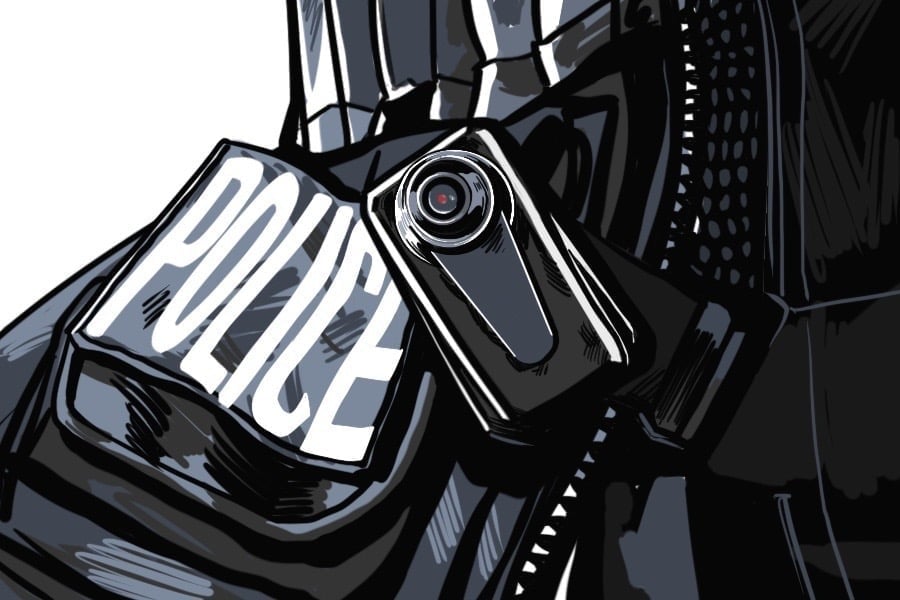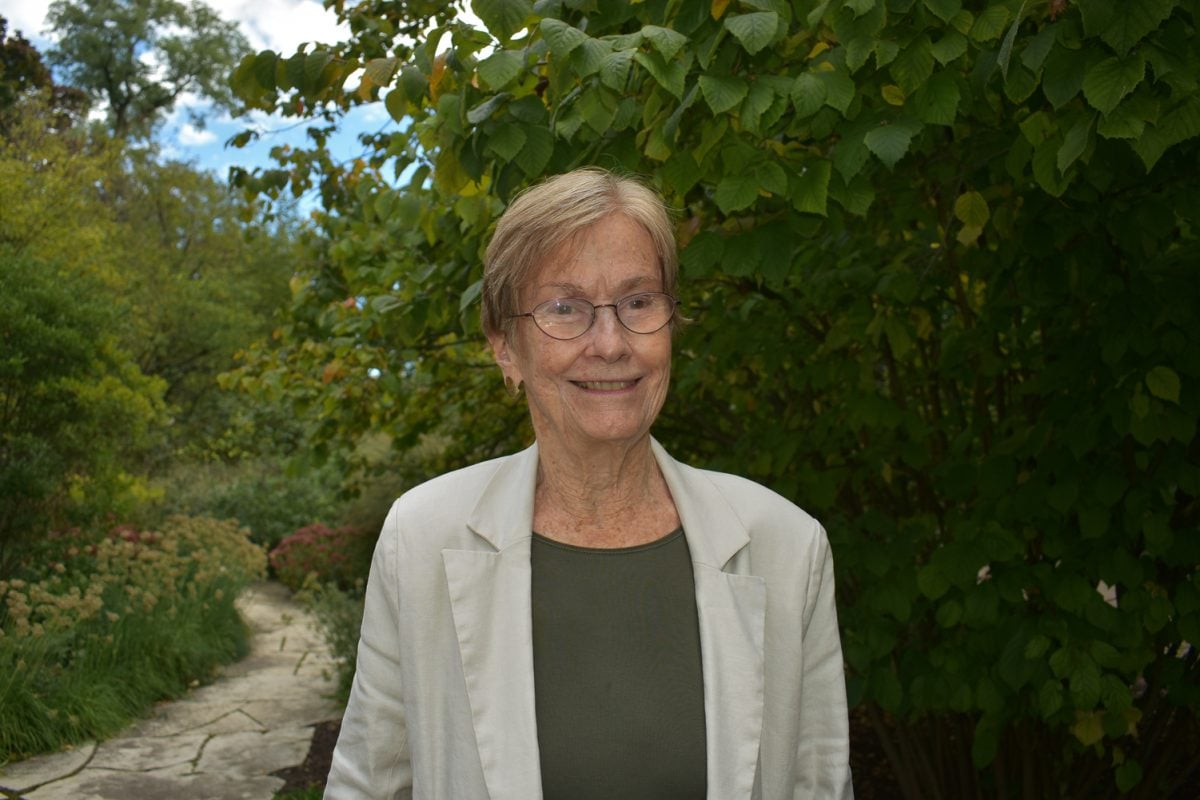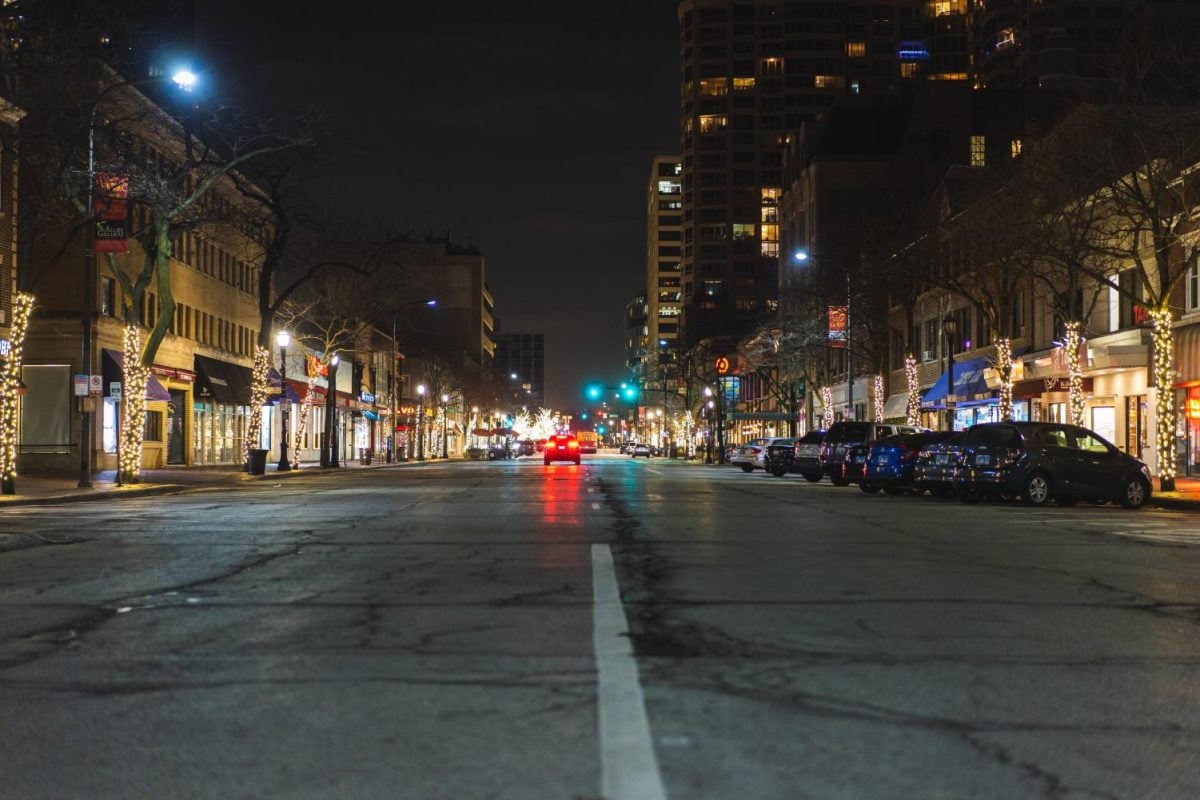Representatives from Evanston-area civic groups, community organizations and local government offices met to discuss methods of maximizing voter turnout in this year’s elections at a virtual meeting Tuesday.
The Voter Participation Action Coalition was originally created in 2015 with the goal of increasing local participation in the 2016 presidential election. Led by the League of Women Voters of Evanston, the group reconvened this year with eyes on the 2024 election.
Given the city’s deep history of civic engagement, it’s no surprise that election years are busy in Evanston. This year, civic groups and community organizers are collaborating on common goals of voter participation.
Colleen Gleason and James Nally from the Cook County Clerk’s office and Evanston City Clerk Stephanie Mendoza provided the local organizers with updates on election procedures and needs.
Nally reported that 120,000 people in Cook County had requested to be placed on a permanent mail-in ballot roster since Illinois expanded mail-in voting in 2022.
“That’s an astoundingly large number,” he said. “It just shows how popular mail balloting has become, not just in Cook County, but all over the country.”Nally also said pay for election judges — resident volunteers who help with election administration — has increased to $250 per day. He added that high school juniors and seniors are eligible to serve as election judges as well.
For this year’s elections, the three polling places in Evanston have moved, Mendoza said. Voters can cast their ballots at the Hill Arboretum Apartments, Hemenway United Methodist Church and the Unitarian Church of Evanston.
Representatives of civic groups also discussed their priorities and plans for the election year.
Jill Skwerski, the engagement services manager at Evanston Public Library said the library would like physical materials with voting information that could be distributed.
Representatives from LWVE, Indivisible Evanston and Mendoza said they will make plans to collaborate on producing, printing and translating these materials.
Susan Sidell, a member of Indivisible Evanston, said her group has made goals to increase voter registration efforts at Oakton Community College. Likewise, Katrina Weimholt, assistant director at the NU Center for Civic Engagement, said her department has been registering NU students at orientation and other administrative sites.
In 2022, Evanston voters overwhelmingly approved a referendum to use ranked-choice voting in local elections. The system will be first implemented in the municipal elections in 2025.
Nally said the findings of the Illinois Ranked-Choice and Voting Systems Task Force will be making recommendations to the state on electoral reform this spring, which would inform Cook County’s approach to implement ranked-choice voting in Evanston.
“We’re hoping to be able to come to an agreement with the county at some point to ensure that the will of Evanston voters is executed in the next election,” Mendoza said.
Email: [email protected]
Twitter: @hannahe_webster
Related Stories:
— Ahead of ranked-choice voting in Evanston in 2025, Illinois sees push for electoral reform
— When politics get personal: League of Women Voters looks into civility in city government
